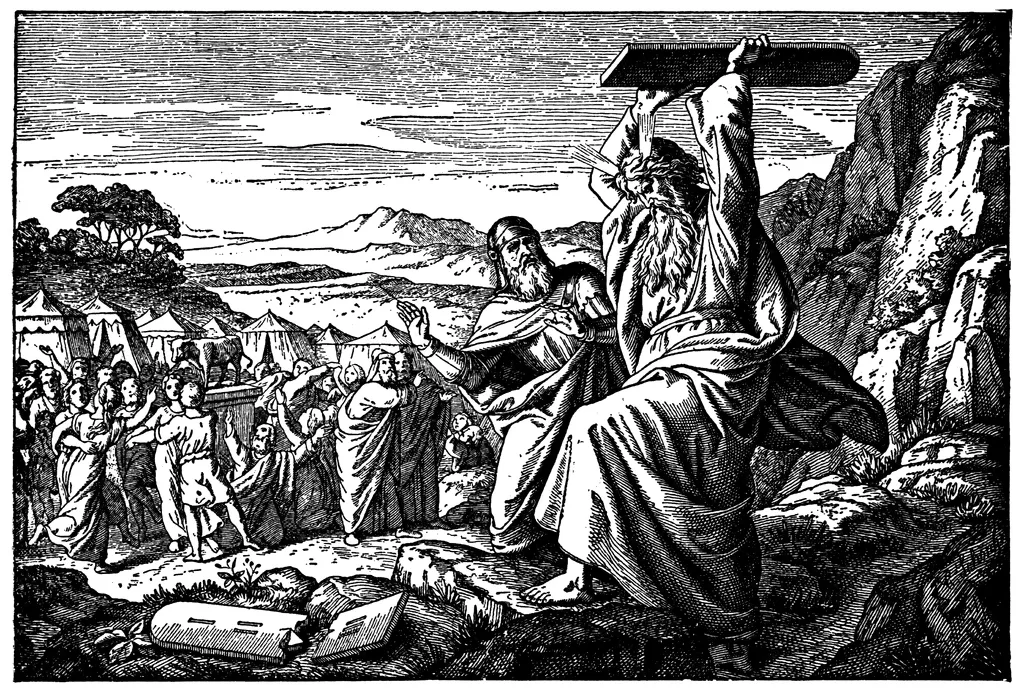
A New Moral Code
For the first thirty years of my life, I lived by a strict moral code—clear, unwavering, and absolute. But through my recent spiritual journey, I've come to realize the flaws in that system.
In my last letter, reflecting on the fictional character John Galt, I began to question the rigidity of those convictions and offered alternative moral philosophies worthy of exploration.
In this letter, I want to go deeper—not to replace one dogma with another, but to propose a way of living that aligns with natural religion.
The truth, however, is that moral dilemmas exist.
Is a man’s life truly one for one?
Is it more noble to kill or to be killed?
Or to protect, or to perish in peace?
When is it right to consume a resource, and when is restraint the greater good?
These questions are not easily answered. Every culture and religion throughout history has crafted its own moral logic, often contradicting another. So who among us is truly qualified to speak with finality on what is “right”?
Certainly not me.
But what I can offer, especially to my children, is not a fixed set of rules, but a process of seeking those answers.
It is a compass, not a map—a way of choosing what is best by aligning ourselves with nature, conscience, and divinity.
Furthermore, it is not morality as a destination, but as a rhythm of life—a discipline of seeking, listening, feeling, and becoming more in tune with the sacred order around us.
I think most of the "mistakes" I've made in my life would have been avoided had someone given me this sort of framework for analyzing my choices.
And the process begins with the courage to ask better questions.
When faced with a decision or when examining one's choices, you might ask yourself:
Does this choice….
Respect the natural world and recognize humanity’s place within it?
Raise well-being and consciousness?
Respect individual rights and autonomy of others?
Support independence?
Build self-confidence?
Enhance personal responsibility?
Foster integrity?
Promote self-respect?
Support long-term happiness & vitality?
Follow rational decision-making?
Align with reality?
Nurture rational thought?
Cultivate self-reliance?
Promote productive work?
Encourage self-discipline?
Allow authentic self-expression?
Contribute to mental clarity?
Strengthen personal values?
Foster resilience?
Build competence?
Support purposeful living?
Nurture creativity?
Value achievement?
Enable self-fulfillment?
Uphold honesty with oneself and others?
Support moral courage?
Nurture a healthy pride in accomplishments?
Build mutually beneficial relationships?
Reflect personal integrity?
Encourage the pursuit of knowledge?
Value fairness in voluntary exchanges?
Enable freedom to explore and innovate?
Encourage responsible freedom of choice and thought?
Of course, not every choice will yield a perfect “yes” to every question. Life is rarely that simple.
The aim of this process is not perfection, but alignment—the art of maximizing the quality of a decision in light of the highest good available to us. Or, in other words, finding the best option in lieu of every “moral” possibility.
This is where we must call upon both logic and feeling, reason and intuition, allowing them to work in harmony.
Some truths are found in logic and others felt in silence.
The ultimate goal is to think outward, feel inward, and have peace in the process of making decisions.
With Love,
Heather
